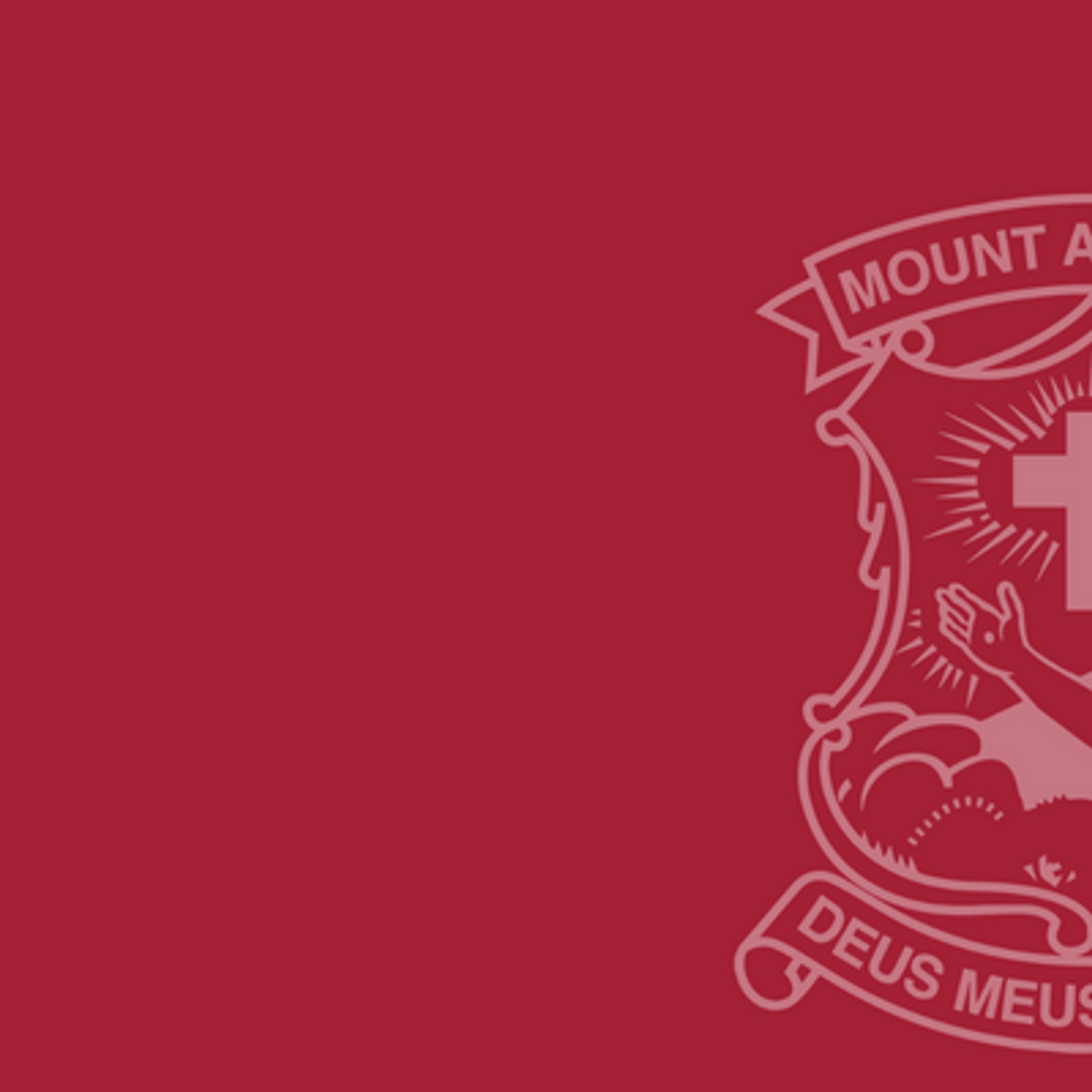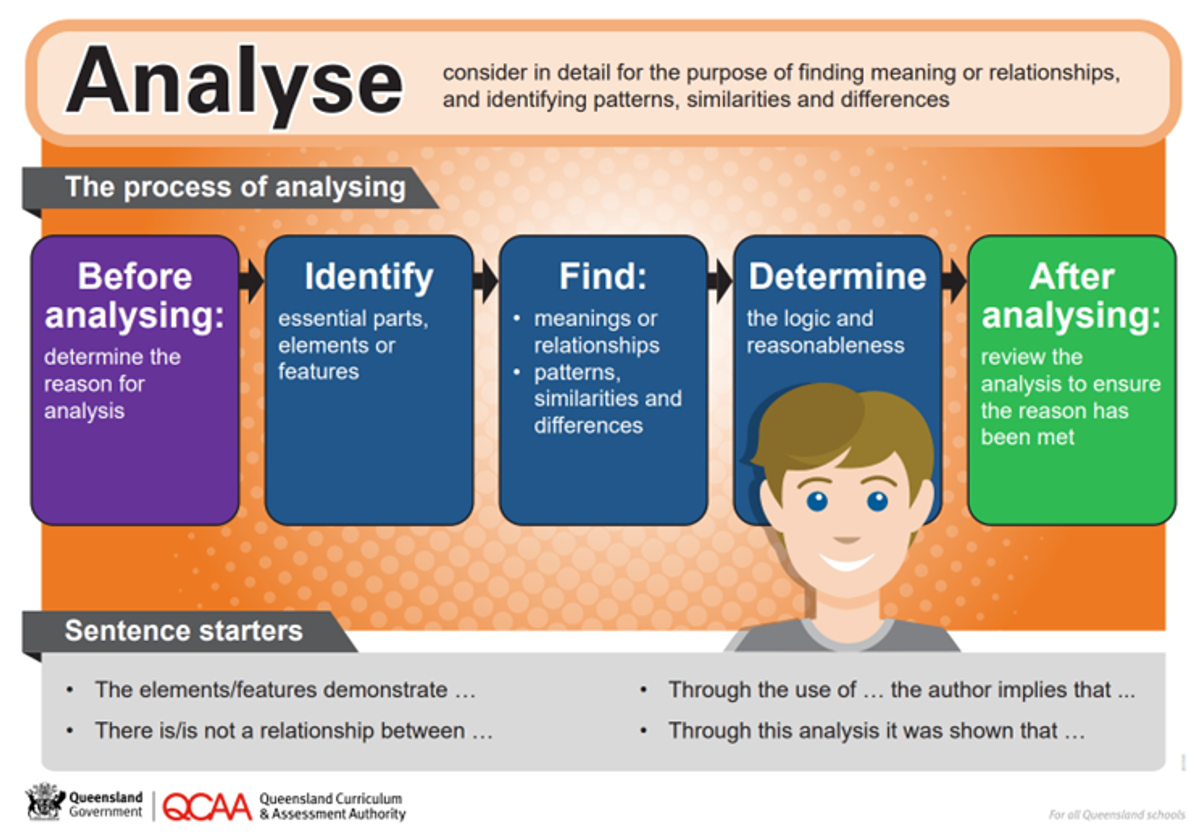Analytical and Creative Writing
Term 1 English Highlights

Analytical and Creative Writing
Term 1 English Highlights


Head of Faculty – English, Literacy and Languages
Sarah Porchak
As the holidays approach, the English faculty will wrap up a great Term of Analysing and Creating, but what does that mean in an English classroom context?
What does it mean to Analyse?
In English, to analyse is to find meaning within information given through a text, looking closely at the stylistic devices and aesthetics features used by the author to convey ideas. In an analytical writing task, our students write in response to a text with a critical point of view, using evidence from the text to support ideas and arguments.
Students in Year 8 English began the year developing their analysis skills through a close reading of a variety of poems, analysing ways in which a poet uses poetic devices to convey emotions. Our Year 10’s applied their knowledge of analytical writing under examination conditions, analysing either the timeless tragedy Romeo & Juliet (English), The Book Thief (Literature), or Looking for Alibrandi (Essential English).
Analysis of film is also an important part of the English curriculum and was the focus of the Year 11 English program this term in a newly designed Unit 1 task. Through a close study of the film Hidden Figures, Year 11 English students analysed the filmmaker’s perspective of gender prejudice, racial inequality, and persistence, in the form of a Feature Article. This task models the Year 12 English task, where students analyse the film 1917 and Wilfred Owen’s poetry, analysing representations of war.
Whilst many students perceive analytical writing to be one of the most challenging genres, we strive to teach analytical writing skills explicitly in each year level, ensuring that our students have multiple exposures to this important writing skill. Consider asking your child what texts they have analysed in their English studies at Mt A, and engage them in a discussion about their strengths and areas for improvement in this type of writing.


What does it mean to Create?
In English, to create is to produce a new text from one's own thought or imagination, through reorganising ideas into a new pattern or structure to offer new perspectives or representations of concepts, identities, times and/or places.
In creative writing, a strong emphasis is placed on the use of aesthetic features to prompt emotional and critical responses, which our Year 7 & 9 students focused on in Unit 1 as part of their literacy program. Through a variety of stimulus topics, Years 7 & 9 constructed a variety of creative narrative and persuasive texts, applying a variety of creative writing skills taught this term. However, creative writing isn’t just for the Junior school; being creative and writing imaginatively is a key component of each English Senior Syllabus. This term, in Senior Literature, both Year 11 and 12 engaged in creative tasks that were spoken, reimagining concepts and characters from a base text with a new purpose. Similarly, Essential English students created and performed multi-modal presentations for a target audience.
Although creative writing isn’t everyone’s forte, we teach our students ‘7 steps to writing success’ and model strong examples of creative texts, so students develop an understanding of ways to most effectively engage a reader. Consider asking your child what their favourite genre of creative writing is (narrative, persuasive, imaginative oral, etc), and encourage your child to read widely, to becoming more exposed and familiar with various creative genres.
References:
Glossary of cognitive verbs - General syllabuses (qcaa.qld.edu.au)